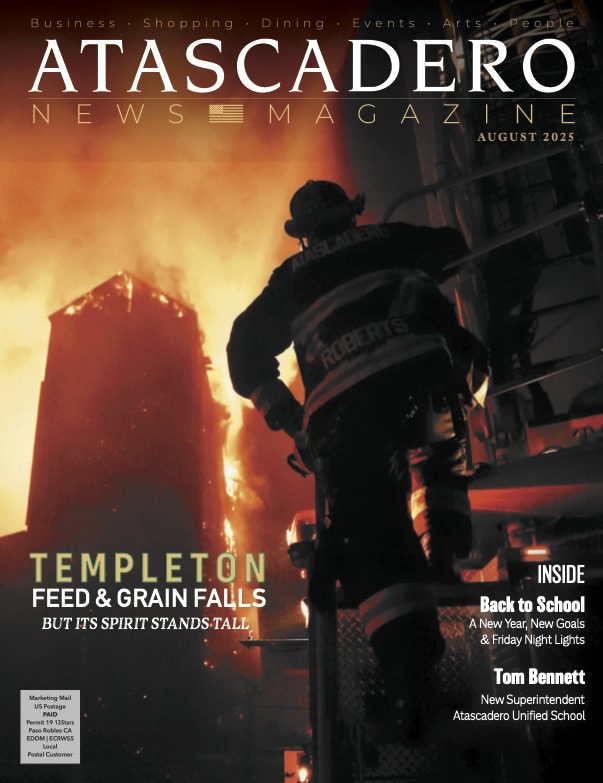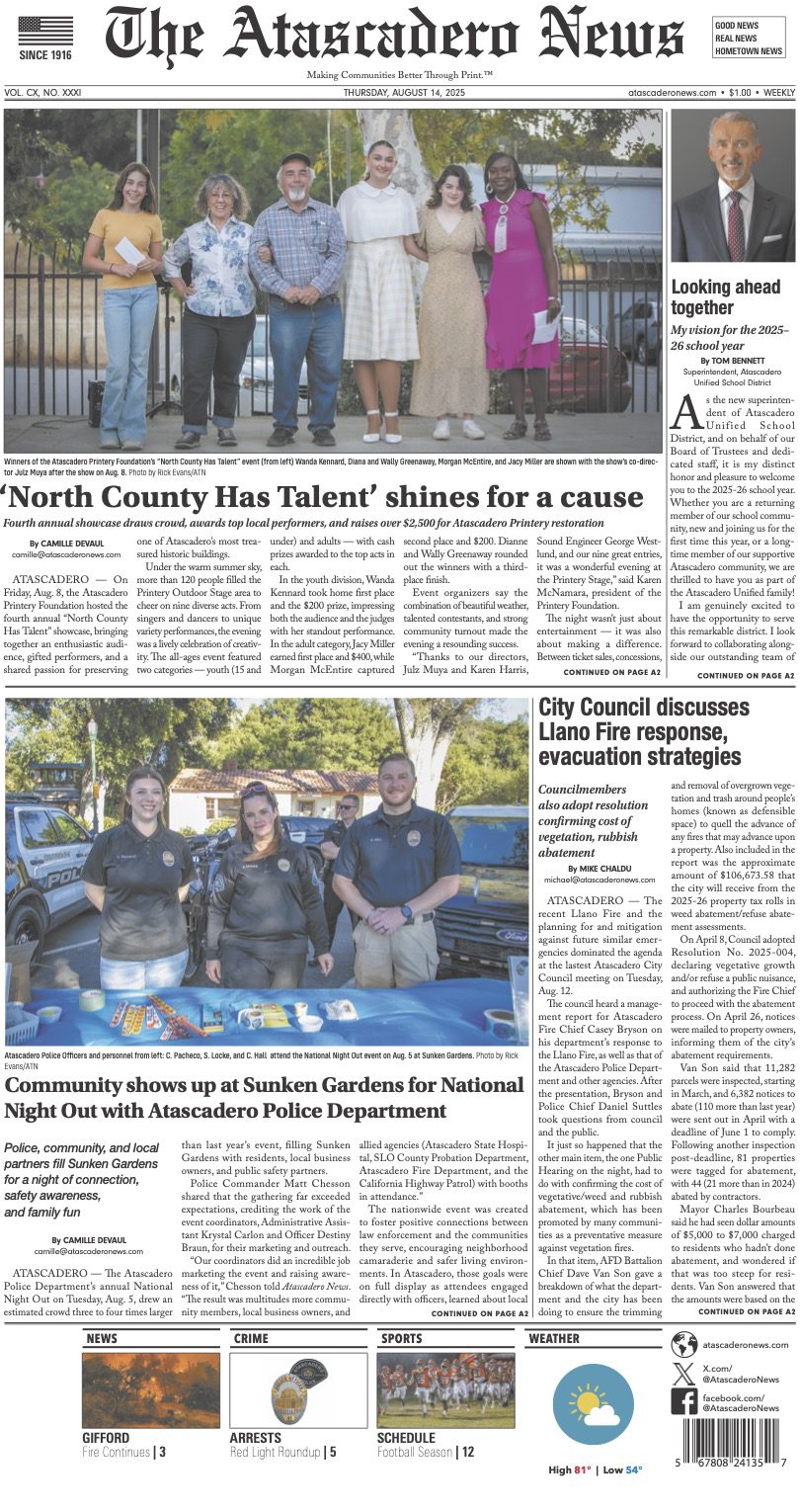By Thomas Elias
It is high time nursing homes loosen up and abandon most of the pandemic-induced rules that have limited visitors to nearly none for more than a year.
Similarly, assisted living homes that have prevented their residents from venturing into the rest of the world on pain of two-week quarantines within their rooms when they return also need to get sensible.
Those rules seemed reasonable during the height of the coronavirus surges that plagued this nation starting in March 2020.
They appeared prudent at first, but only until the infections afflicting and killing more nursing home residents than people in any other living arrangement made it crystal clear that the restrictions were not working. Those rules always presumed that isolating denizens of nursing homes would prevent them from infecting one other.
Yet, they became infected and died by the hundreds of thousands over the last 15 months anyhow. That happened because while residents and patients could be isolated, the staffers caring for them could not. Nursing home workers at all levels, from the lowliest aides to top-ranking facility directors, went out into the world. Like everyone else, some isolated themselves carefully at home and did not venture into bars or onto crowded beaches. Some went to those places. Some masked whenever they were not at home; others didn’t bother except in grocery stores and places where masking was required for entry.
This all explains why nursing home residents and staff were among the first to receive COVID-19 vaccines when they became available in late December. As a result, nursing home rates of infection with the virus have run below those in the general community for more than two months. Cases there are down more than 90 percent since last fall, but visits remain limited, often just one guest per day per resident.
Lower caseloads do not mean effects of the crisis are over. Many months of near isolation from friends and relatives created other problems for nursing home residents who had been accustomed to seeing visitors regularly.
Advocates of nursing home residents say they need those visits for mental health, to give them a sense of purpose, a reason for going on with life.
Those concerns may have been outweighed at the height of the crisis, but no more.
“The residents, the families, the caregivers have all had enough,” Michael Wasserman, past president of the California Assn. of Long Term Care Medicine, told a reporter. “We’re now approaching the point where, if you’re not vaccinated in a nursing home (and some residents have declined), the primary risk is to yourself (and not to fellow residents).”
Yes, from the earliest days of the pandemic, television showed moving scenes of nursing home residents seeing relatives through ground-floor windows as the only form of visitation open to them.
This was heart-rending, if not as damaging as the fact terminal Covid patients were not allowed even deathbed visitors in hospitals and were forced to say farewell to their families via cellphone – where that service was available.
Even now, nursing home management is not agitating or lobbying the government for an end to the extreme limits on visitation. This may be because pre-pandemic visitors were the main check on those owners, with relatives and other guests often noticing patients who were dehydrated, soiled bedding, and other problems the residents themselves may have felt too weak or dependent to protest. The relationship between nursing home operators and visitors has long been uneasy.
So long as Covid ran rampant among their residents, the operators were relieved of all this.
That’s over, thanks to mass vaccination efforts, often led by drugstore chain employees who carried syringes into the homes.
So it’s high time state authorities ordered an end to the pandemic rules. Perhaps a transition, with visitation at levels somewhere below unlimited, is appropriate until the nursing home toll has been lowered even further.
But progress in cutting back incidence of this plague has at least been sufficient to end the companion plague of isolation that preyed on residents’ mental and emotional health at the very time the virus hit them physically.
Thomas Elias is an independent opinion columnist for The Atascadero News and Paso Robles Press; you can email him at tdelias@aol.com.











